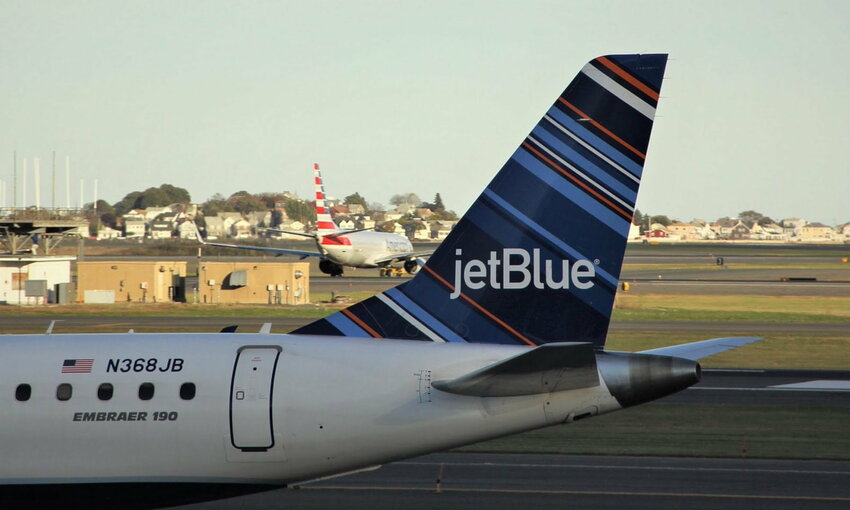 (Credit: Pixabay)
(Credit: Pixabay)JetBlue has entered into a new relationship with World Energy and World Fuel Services for sustainable aviation fuel (SAF) at Los Angeles International Airport (LAX). JetBlue’s LAX flights using SAF started this month. This increase in the airline’s usage of SAF includes 1.5 million gallons of blended SAF a year for at least three years, accounting for approximately 5% of JetBlue’s LAX fuel.
Renewable fuel options will play a critical role in the aviation industry’s transition to lower-carbon operations. This is the latest step for JetBlue as the airline works to achieve its ambitious and comprehensive environmental social governance (ESG) targets, including a goal of net-zero carbon emissions by 2040. Last year, JetBlue became the first major US airline to achieve carbon neutrality on all domestic flying, today primarily through carbon offsets while the SAF industry continues to grow, and lower-carbon technologies to reduce direct emissions.
This follows JetBlue’s move to fuel flights from San Francisco International Airport (SFO) with SAF with another fuel provider. World Energy, a zero-now solutions provider for transport and the industry’s first commercial-scale producer of SAF, is supplying JetBlue fuel at LAX from its facility in Paramount, Calif. JetBlue is World Energy’s second US commercial airline partner to incorporate SAF into its regular operations. Made from inedible agricultural waste, World Energy’s SAF is certified by the Roundtable on Sustainable Biomaterials to reduce emissions by up to 80% per gallon before being blended with petroleum jet fuel. Delivery of the fuel into LAX will be managed by World Fuel Services, JetBlue’s fuel management company.
In April, a handful of airlines announced their plans to achieve net-zero carbon emissions by 2050. To reach the goal, they say they will work with the government and other stakeholders toward a rapid expansion of the production and deployment of commercially viable sustainable aviation fuel in order to make two billion gallons of SAF available to US aircraft operators in 2030. The airlines have also suggested a number of initiatives the government can take to help the aviation industry achieve its goals.